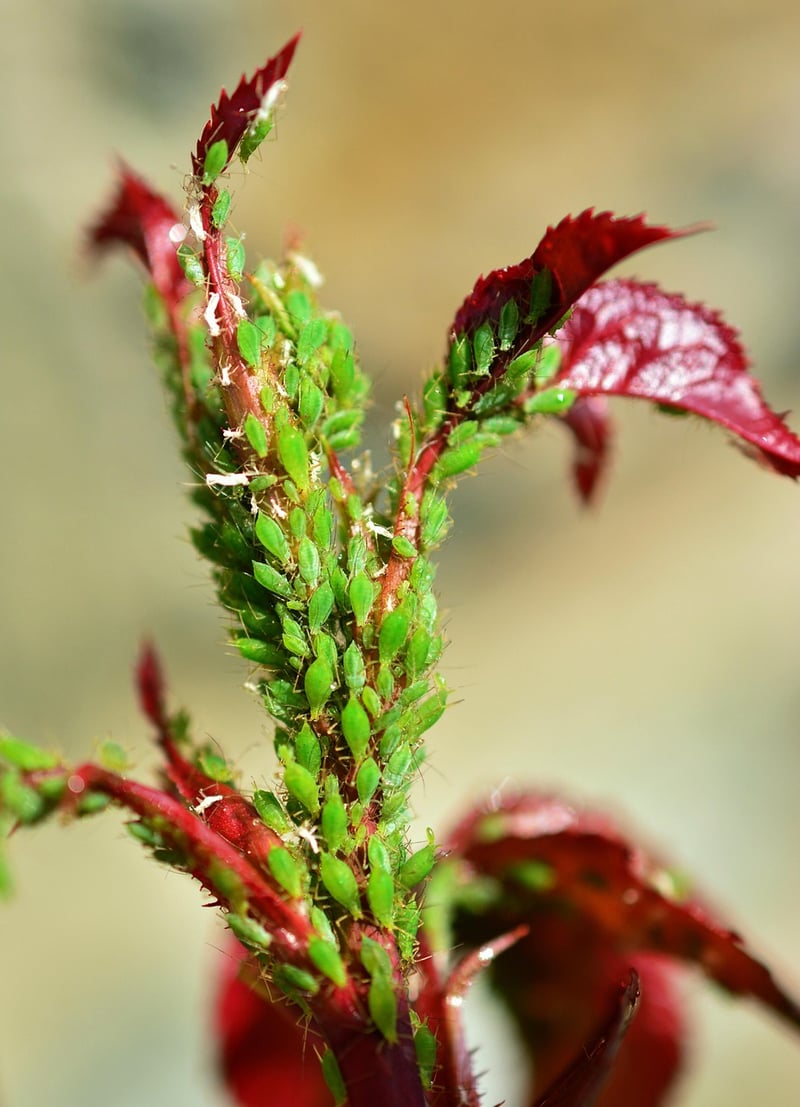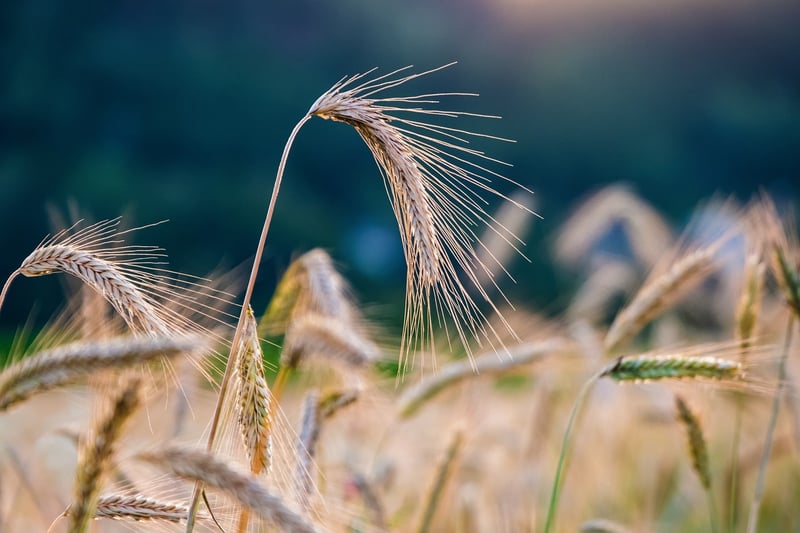Trap Crops
Managing Garden Pests Naturally with Trap Crops
Gardening is a fulfilling activity that allows you to connect with nature and enjoy the beauty of your outdoor space. However, dealing with garden pests can be a challenging aspect of maintaining a healthy garden. While chemical pesticides are commonly used to combat pests, they can have harmful effects on the environment and beneficial insects. One natural and effective method to manage garden pests is through the use of trap crops.
What Are Trap Crops?
Trap crops are plants that are strategically placed in a garden to attract and trap harmful pests, keeping them away from the main crops you want to protect. These sacrificial plants act as decoys, luring pests away from your valuable produce and providing a natural way to control pest populations.
Benefits of Trap Crops
- Reduce the need for chemical pesticides
- Protect main crops from pest damage
- Attract beneficial insects that prey on pests
- Improve biodiversity in the garden
- Cost-effective and environmentally friendly pest control method
Common Trap Crops
There are several plants that are effective as trap crops for specific pests:
- Nasturtiums - Attract aphids away from vegetables like tomatoes and peppers
- Marigolds - Repel nematodes in the soil and deter whiteflies
- Radishes - Trap flea beetles that attack eggplants and potatoes
- Sunflowers - Attract aphids and keep them away from other plants
How to Use Trap Crops
- Identify the pests that are causing damage to your main crops.
- Choose appropriate trap crops based on the type of pests you are dealing with.
- Plant the trap crops near the main crops or around the perimeter of the garden.
- Monitor the trap crops regularly for pest activity.
- Remove and destroy the trap crops along with the trapped pests to prevent them from spreading.
By incorporating trap crops into your garden pest management strategy, you can effectively control pests in a natural and eco-friendly way. Not only will you protect your valuable crops, but you will also promote a healthier garden ecosystem with a diverse range of plants and beneficial insects.

Remember, a healthy garden is a balanced ecosystem where pests and beneficial insects coexist. Embracing natural pest control methods like trap crops can help you maintain that balance while enjoying a thriving garden.
